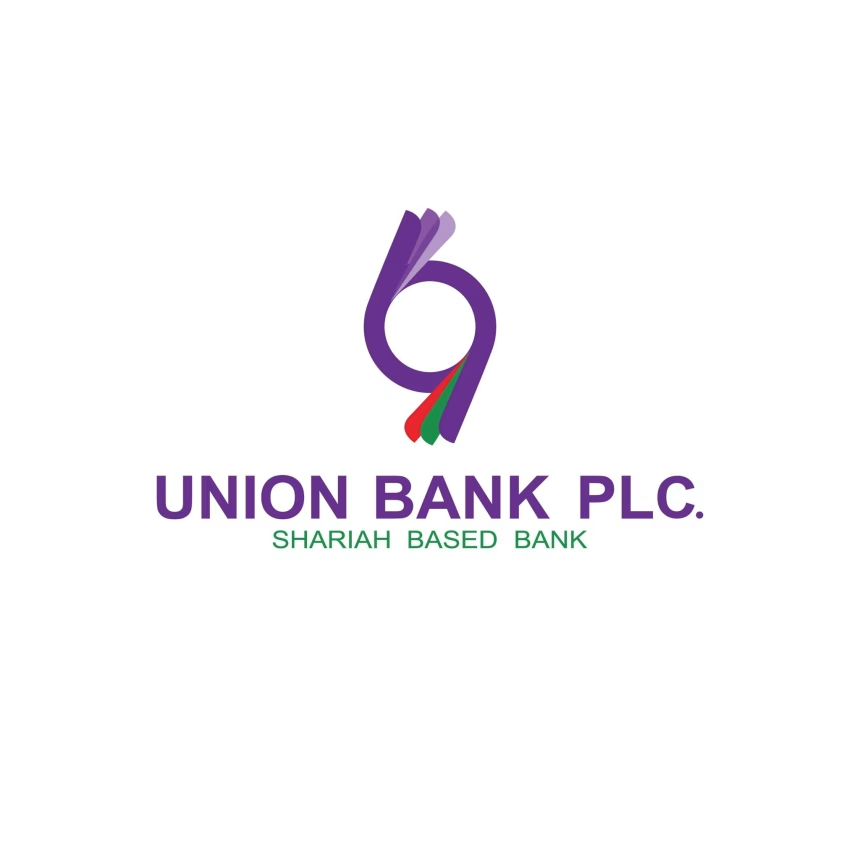It began with whispers inside Bangladesh’s banking halls—files missing, loans approved in hours, money moving faster than signatures could dry. But when Bangladesh Bank’s inspectors finally descended on Union Bank, the truth they uncovered was stranger than fiction: a financial heist of unprecedented extent in the country.
Adorned with the cover of Shariah and trust, the bank had become a hollow shell. Investigators found Tk 17,189 crore in loans backed by just Tk 334 crore in collateral.
What was called banking turned out to be sleight of hand: loans without approval, Core Banking System software tampered with to forge securities, and land worth a few hundred crores inflated into thousands.
The investigations revealed that almost all of it pointed back to S. Alam Group.
Today, the bank lies in ruins—98% of its loans defaulted, the highest rate in Bangladesh.
Inside the heist
The inspectors’ discoveries were staggering. In 19 Union Bank branches, Tk 2,029 crore was handed to 48 borrowers without approval. In other branches, Tk 4,542 crore flowed to 222 clients exceeding their approved credit limits.
Collateral files—neatly stamped and catalogued—crumbled under scrutiny. Tk 2,377 crore in financial instruments was supposed to exist; only Tk 79 crore was real. Properties worth Tk 255 crore were recorded as Tk 6,864 crore of value, unlocking loans that drained another Tk 8,500 crore from the bank.
The borrowers? Non-existent companies — ghosts with no offices, no employees, no RJSC registration — only a trade license. Insiders revealed that inside S. Alam’s Chattogram headquarters, a special unit was devoted solely to forgery. Junior employees’ national ID cards were used to create fake business fronts.
From these fabricated entities, thousands of crores flowed out of Union Bank. Union Bank’s weary Managing Director, Mohd. Humayun Kabir, summed it up bluntly: “S. Alam Group looted money at will—whenever they wished, they pulled out thousands of crores.”
A network of banks, a web of exploitation
Union Bank was just one piece of the scheme. According to the Financial Intelligence Unit (BFIU), S. Alam Group drained nearly Tk 1,90,000 crore from Islami Bank, First Security Islami Bank, Global Islami Bank, and Union Bank.
The sums were so vast that even regulators are struggling to keep track. Bangladesh Bank’s governor admitted at least Tk 1,25,000 crore had already been spirited abroad.BB spokesman Arief Hossain Khan said, “S. Alam Group created hundreds of shell companies to take loans under different names. The scale of their looting is so immense that we cannot even reach the end of the calculations.”
Politics, patronage, and power
Union Bank was born in 2012, alongside eight other fourth-generation banks. Bangladesh Bank had opposed the licenses as unnecessary, but then-finance minister Abul Maal Abdul Muhith cleared the way for political reasons.
Though Jatiya Party figures were listed as its founders, control quickly passed to S. Alam Group. By 2013, Shahidul Alam, the younger brother of S. Alam’s chairman Saiful Alam Masud, became Union Bank’s chairman. From then on, the board was family-controlled.
Even after the central bank dissolved the board last year and installed outsiders, S. Alam’s proxy—Union’s CEO ABM Mokammel Haque Chowdhury, known as “PS-2 to S Alam”—continued running the show until he fled the country.
The seven-bank takeover
Union Bank was never meant to stand alone. Under the Awami League-led government’s patronage, S. Alam extended its grip over seven banks: First Security Islami, Union, Global Islami, Islami Bank, Social Islami, Al-Arafah, and finally National Bank.
Regulators and intelligence agencies, instead of resisting, paved the way. By 2017, Islami Bank, Bangladesh’s largest Shariah-based bank, was fully under the group’s control. The family held 82% of its shares, violating the law that capped family holdings at 10%.
Shares now remain frozen under court order, but the promised recovery of Tk 10,000 crore from sales of the shares has never materialized.
The reign of monsters
Critics say that what emerged was not a banking sector but a fiefdom of oligarchs. Family members and close associates dominated boards across multiple banks, disregarding cross-ownership laws.
Central bank spokesman Arief Hossain Khan described the climate in chilling words: “It was a reign of monsters. Regulators had no choice but to obey silently, sometimes taking small benefits themselves. Those who tried to resist faced dire consequences.”
The aftermath
Today, Union Bank is crippled. Deposits stand at Tk 17,942 crore, loans including piled up interest at Tk 28,279 crore—of which Tk 26,491 crore have already defaulted.
When it listed on the stock market in 2022, Union Bank raised Tk 428 crore through an IPO. Its Tk 10 face-value share has since collapsed to Tk 2.40 as of 31 August.
What began as a bank meant to serve Shariah-compliant customers has become the face of one of Bangladesh’s largest financial heists—a story of money drained through fake companies, inflated land, forged papers, and political cover.
As part of the story of how one group bent a nation’s banking system to its will, Union Bank entrapped 7.5 lakh individual depositors, who are now praying for recovery of their savings.


